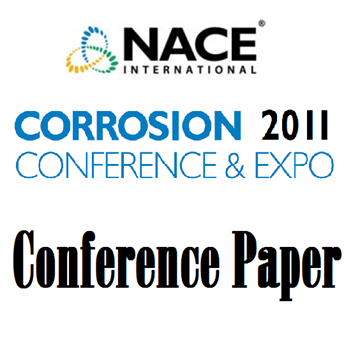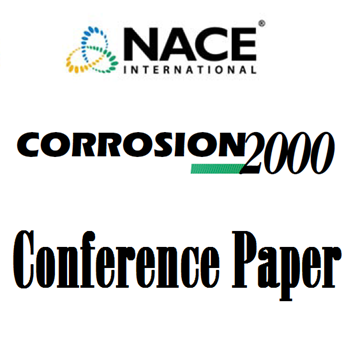Search
07260 Corrosion of Engineering Materials in Seawater, Freshwater and 3.5% NaCl Solution with Additions of Chlorine and Chlorite
Also Purchased
98708 EFFECT OF CHLORINE ON COMMON MATERIALS IN FRESH WATER
Product Number:
51300-98708-SG
ISBN:
98708 1998 CP
$20.00
11351 The Corrosion of Superduplex Stainless Steel in Different Types of Seawater
Product Number:
51300-11351-SG
ISBN:
2011 11351 CP
Publication Date:
2011
$20.00
00588 STAINLESS STEELS IN CHLORINE DIOXIDE ENVIRONMENTS - PREDICTING THE POSSIBILITY OF PITTING
Product Number:
51300-00588-SG
ISBN:
00588 2000 CP
Publication Date:
2000
$20.00




